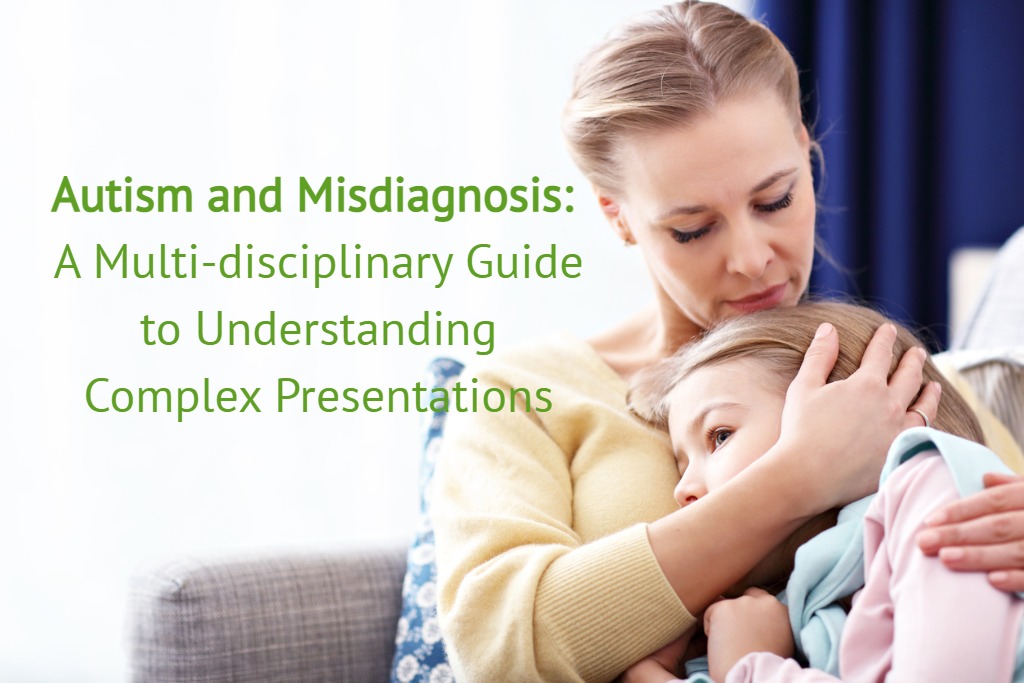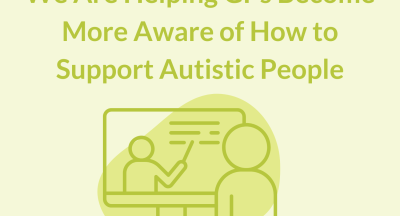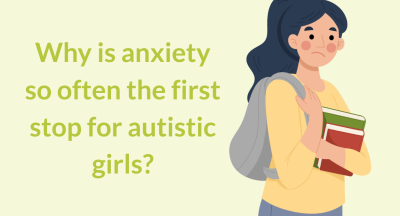
Last updated: 9th February 2023
young people arrive in inpatient services without having had an assessment or diagnosis
Two papers were published on PDA at the end of last year
Article update – October 2021
Since uploading this article, we have received some comments regarding the title of my forthcoming book, and some people questioning the use of the word ‘complex’. This was not chosen lightly, nor was it intended to be in any way derogatory towards autistic people.
The reason why this particular word was chosen was to reflect the way some people (including professionals in health, social-care and education) perceive certain young people, most probably because they do not fit easily into any particularly easily defined ‘box’ or diagnostic category.
The word is frequently used to describe children who manage to ‘hold it together’ whilst at school, or outside of the family home, and who only display distressed behaviour when they feel safe and with people they trust.
In a number of unfortunate cases, this is a word that has been used to describe autistic children, who either have no diagnosis, or have a disputed diagnosis, and who come to the attention of professionals who either misinterpret their behaviour or, in some cases, accuse parents of exaggerating or making up their child’s difficulties.
Many people, myself included, have observed that there is no ‘typical’ Autism and that everyone is an individual. However, sadly, in many areas there still is a stereotypical picture of what people perceive as Autism, and anyone who fails to fit this picture can be at risk of being dismissed, or misdiagnosed.
The book will aim to make people think more carefully about what they see as ‘typical’ Autism, and then hopefully the term ‘complex’ will fall out of everyday use in respect of these children and young people.
Related Posts
We are helping GPs become more aware of how to support Autistic people
Just over a year ago, I was privileged to be invited to the offices of the...
Why is anxiety so often the first stop for autistic girls?
It’s a phrase we hear in our clinic almost every single day. A parent, usually a...
Friend or Foe? Gently Recognising Risks and Supporting Your Teen
Protect your neurodivergent teen. Learn to recognize risks like mate crime,...
Autistic Burnout and Misdiagnosis: The Hidden Toll of Masking
For many neurodivergent children and young people, navigating the social world...





